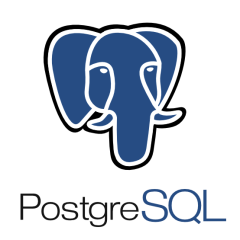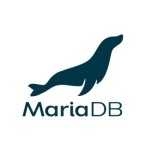What is our primary use case?
Typically, our team runs the database and then the applications, on Postgres. However, I'm not part of the development process.
What is most valuable?
The solution is quite stable and very reliable.
On the cloud side of the product, the solution scales quite well.
The initial setup is quick and easy.
What needs improvement?
I don't work directly on development, however, I haven't heard of any complaints from the development team in general. I can't speak to any features that may be missing. Our team seems quite satisfied with it overall.
It would be great if the solution offered even more integration capabilities.
For how long have I used the solution?
We've been using the solution for the past two or three years at this point.
What do I think about the stability of the solution?
The stability, overall, has been good. I have not heard of issues with bugs or glitches. I cannot recall it crashing or freezing. Its performance has been reliable.
What do I think about the scalability of the solution?
The product can scale well. However, this is mostly the case on the cloud, which more easily can scale as there are no physical limitations to hold a company back. If a company needs to scale using this solution, it can do so with relative ease, specifically if they use a cloud deployment.
We only have about ten to 15 or so users on the solution right now. On the products we produce there may be more, however, that varies. There could be a hundred or so users.
We have plans to continue to use the solution going forward.
How are customer service and technical support?
We don't really use technical support too often. We have our own team that we can turn to, and they can handle most, if not all, issues.
Which solution did I use previously and why did I switch?
We've used a few other products previously. We're also using MongoDB, or at least, we will be, in an application that we've just started.
How was the initial setup?
The initial setup is not complex at all. I would describe it as straightforward and rather simple.
The deployment is quick as well. It might have taken us about 45 minutes to an hour or so to get everything up and running. It's great.
We have a technical team or two or three people that can manage the deployment and maintenance. You don't need a big team.
What about the implementation team?
We handled the implementation process ourselves. We didn't need the assistance of any consultants or integrators. It was pretty straightforward, and therefore we didn't need the extra help.
What's my experience with pricing, setup cost, and licensing?
The product is a direct service, and it is free to use. There isn't a licensing fee.
What other advice do I have?
We are simply a customer and end-user. We don't have a business relationship with PostgreSQL.
The solution is deployed both on the cloud and on-premises. We use more than one deployment model.
I can't recall the exact version number we are using, however, it's my understanding that it is not necessarily the latest version.
I'd recommend this product to other organizations. It's worked well for us so far.
In general, I would rate the solution at an eight out of ten.
Which deployment model are you using for this solution?
On-premises
Disclosure: My company does not have a business relationship with this vendor other than being a customer.




















